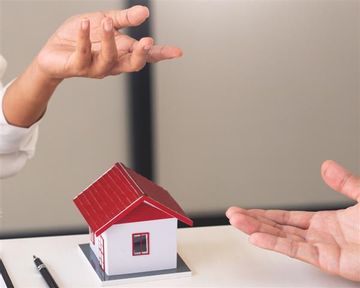Build equity - and pay less for your home
What is home equity? And why do savvy homeowners focus on building up more of it?
“The equity you have in your home is generally understood to mean the difference between the amount still outstanding on your home loan and the estimated amount that you could realise on the sale of the property,” says Berry Everitt, CEO of the Chas Everitt International property group.
“Equity is also the basis of the assertion that property ownership is one of the easiest ways to increase personal wealth, because it will keep growing even if you just keep making your bond repayments every month.”
It will also grow – unassisted – due to the general uptrend in property values over time, and especially at times when there is strong buyer demand.
However, he notes, astute owners are increasingly working to accelerate this growth by regularly making extra payments to reduce the capital portion of their home loan, in the realisation that having additional equity is their best personal “insurance policy” against financial uncertainty caused by events beyond their control.
“Equity can be accessed, for example, in the event of a medical emergency, or to pay university fees so your child does not have to obtain a student loan, or even to pay the deposit on an investment property.
“In addition, the higher your equity and the lower the amount you owe the bank, the more your minimum monthly bond repayment reduces, and that can provide a very useful financial buffer when interest rates start to rise, as they have lately.
“And on top of that, paying more than your minimum bond instalment each month will help you become bond-free in a shorter time, and cut the total cost of your home (loan plus interest over 20 years) by many thousands of rand.”
Writing in the Property Signpost newsletter, Everitt says that making judicious improvements to a home or its amenities and garden can also increase the property’s value and thus your home equity.
“But it is worth noting that if a homeowner neglects routine maintenance and allows the property to deteriorate, or if the surrounding area becomes less desirable, or if the growth in home prices slows because of the general state of the economy, their home equity gains – and their personal wealth – can quickly be eroded.
“This is why homeowners need to keep watching the real estate market, even if they are not planning to sell or buy in the near future, preferably with the help of a trusted local estate agent who can provide them with up to date market intelligence,”

